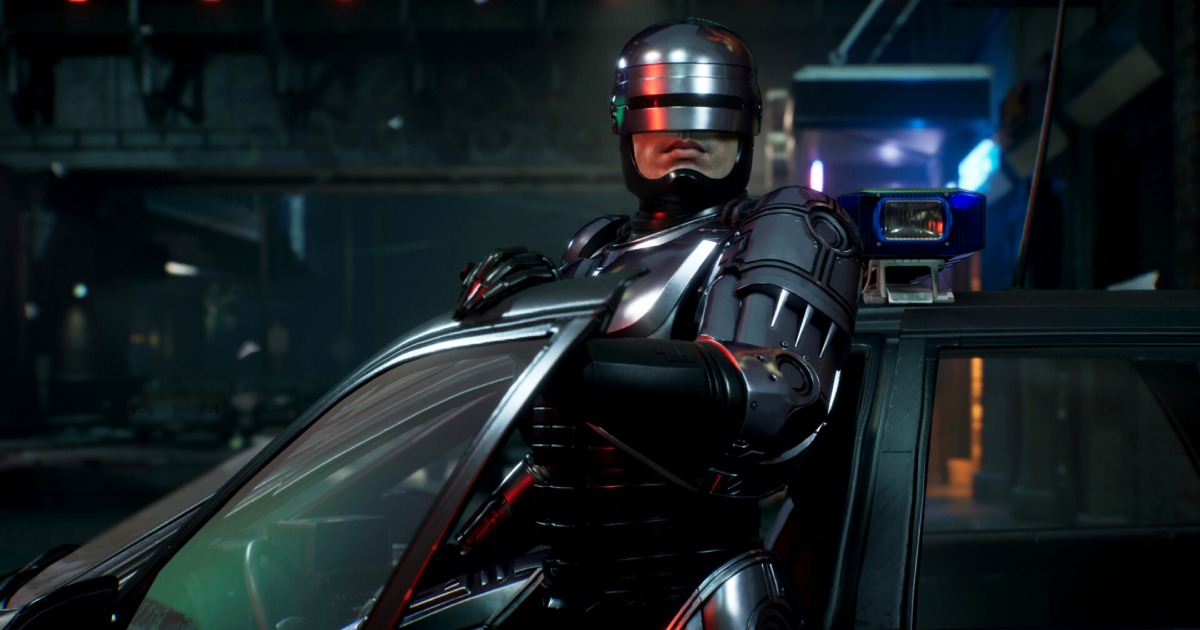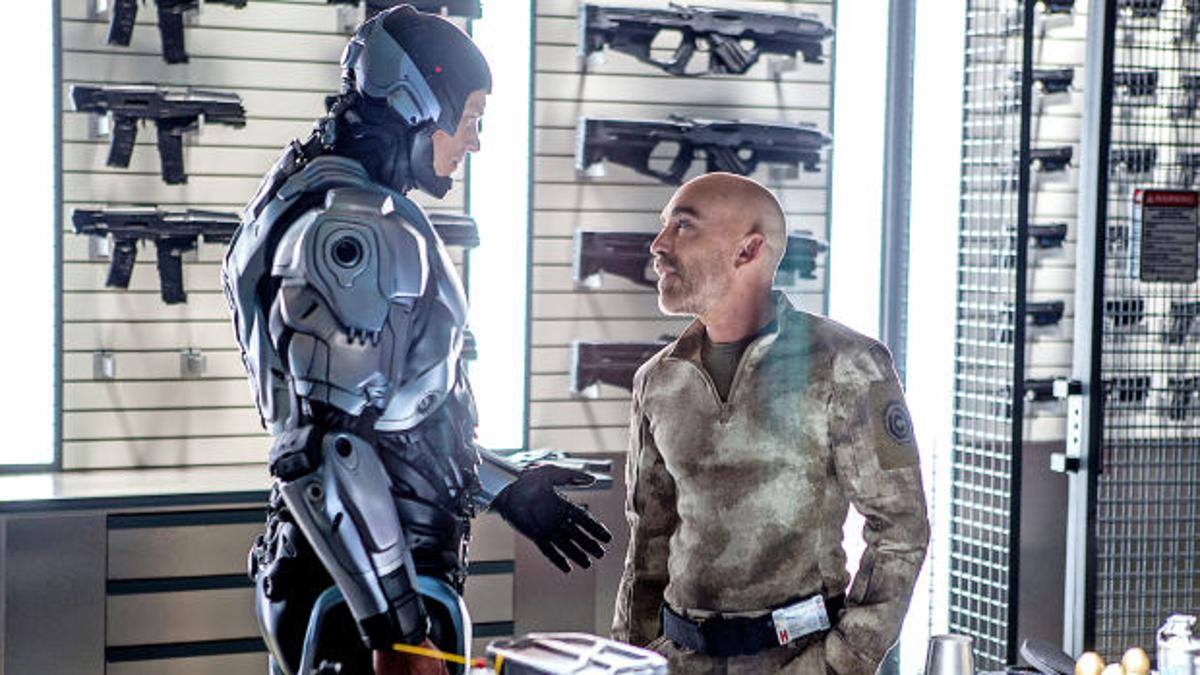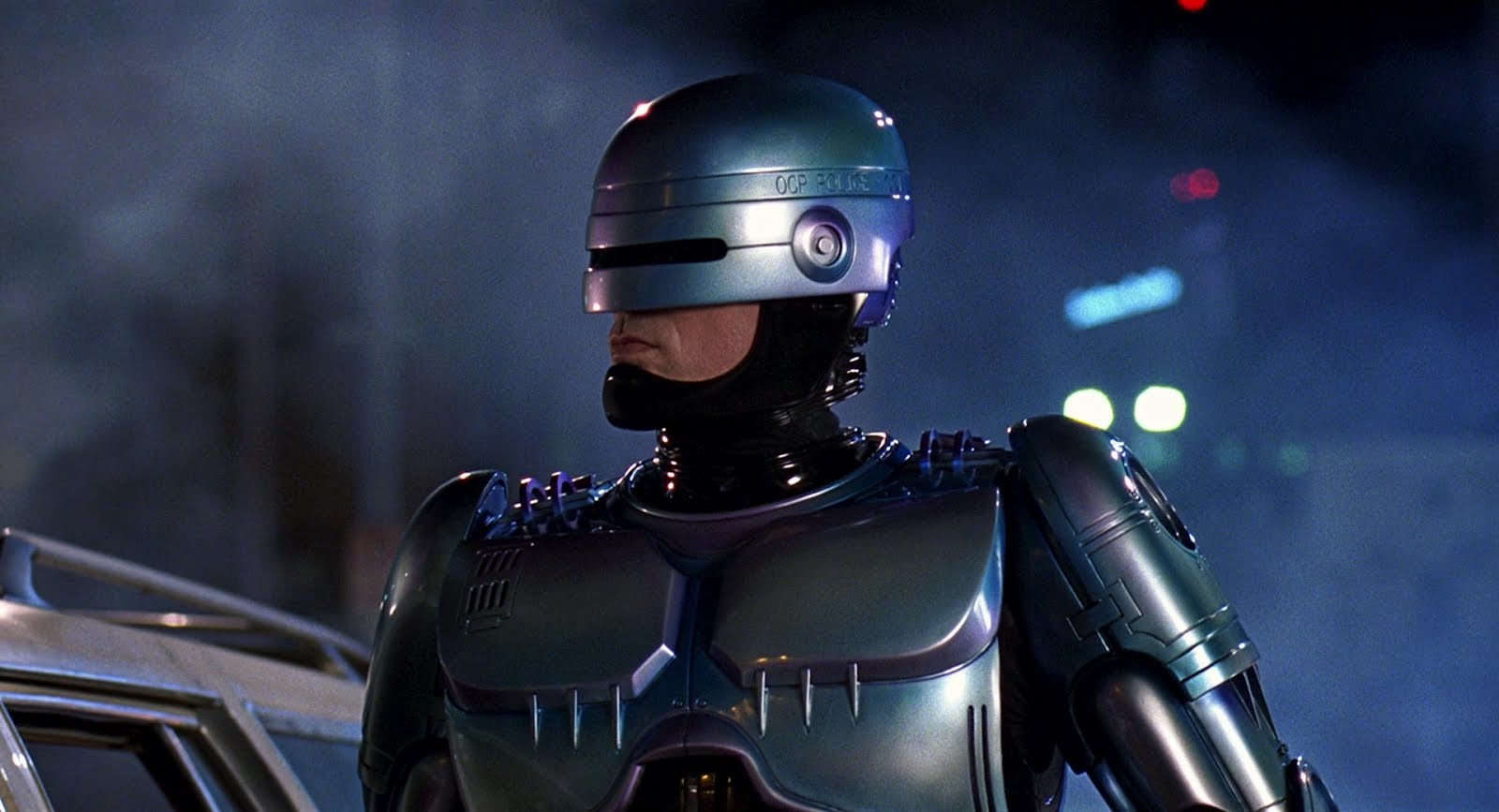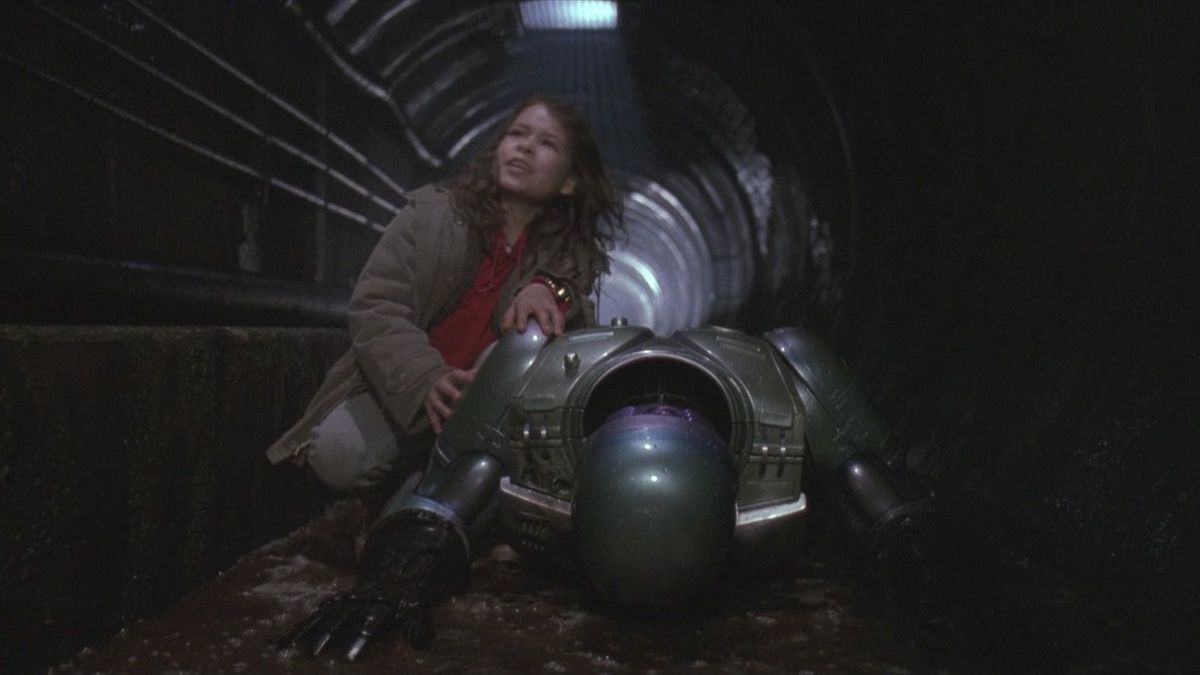Trailer:
“RoboCop” (2026): A Bold Reimagining of a Sci-Fi Classic
“RoboCop” (2026), directed by acclaimed filmmaker Neill Blomkamp, marks a new chapter in the iconic sci-fi franchise. Known for his visionary approach to futuristic settings and socio-political themes, Blomkamp brings a fresh perspective to the story of a cyborg law enforcer in a dystopian future. This reboot aims to capture the essence of the original 1987 film while exploring new technological and ethical dimensions relevant to the 21st century.
Plot Overview
Set in a near-future Detroit plagued by crime and corruption, the film follows Alex Murphy (John David Washington), a dedicated police officer who is critically injured in the line of duty. To save his life, the megacorporation Omni Consumer Products (OCP) transforms him into RoboCop, a powerful cyborg with a mission to restore order to the chaotic city. As RoboCop, Murphy struggles with his dual identity, grappling with fragmented memories of his human past while being programmed to serve as an unyielding enforcer of the law.
Characters and Performances
John David Washington delivers a compelling performance as Alex Murphy/RoboCop, bringing depth and humanity to the character. His portrayal captures the internal conflict of a man trapped between his human emotions and robotic directives. The supporting cast includes Charlize Theron as Dr. Olivia Mason, the lead scientist behind the RoboCop project, whose ethical dilemmas and personal stakes add layers to the narrative. Idris Elba plays Marcus Reed, the morally ambiguous CEO of OCP, whose vision for a safer city through advanced technology often blurs the line between heroism and tyranny.
Themes and Societal Commentary
Blomkamp’s “RoboCop” delves into themes of technological advancement, corporate greed, and the loss of humanity in the pursuit of security. The film examines the implications of integrating artificial intelligence and robotics into law enforcement, questioning the morality of sacrificing individual rights for the greater good. Through Alex Murphy’s journey, the story explores the enduring struggle between human agency and technological control, reflecting contemporary debates about surveillance, privacy, and the ethical use of AI.
The film also critiques the unchecked power of corporations in modern society. OCP’s role in Detroit’s transformation highlights the dangers of allowing profit-driven entities to dictate public policy and law enforcement. This aspect resonates with real-world concerns about corporate influence on governance and the privatization of public services.







